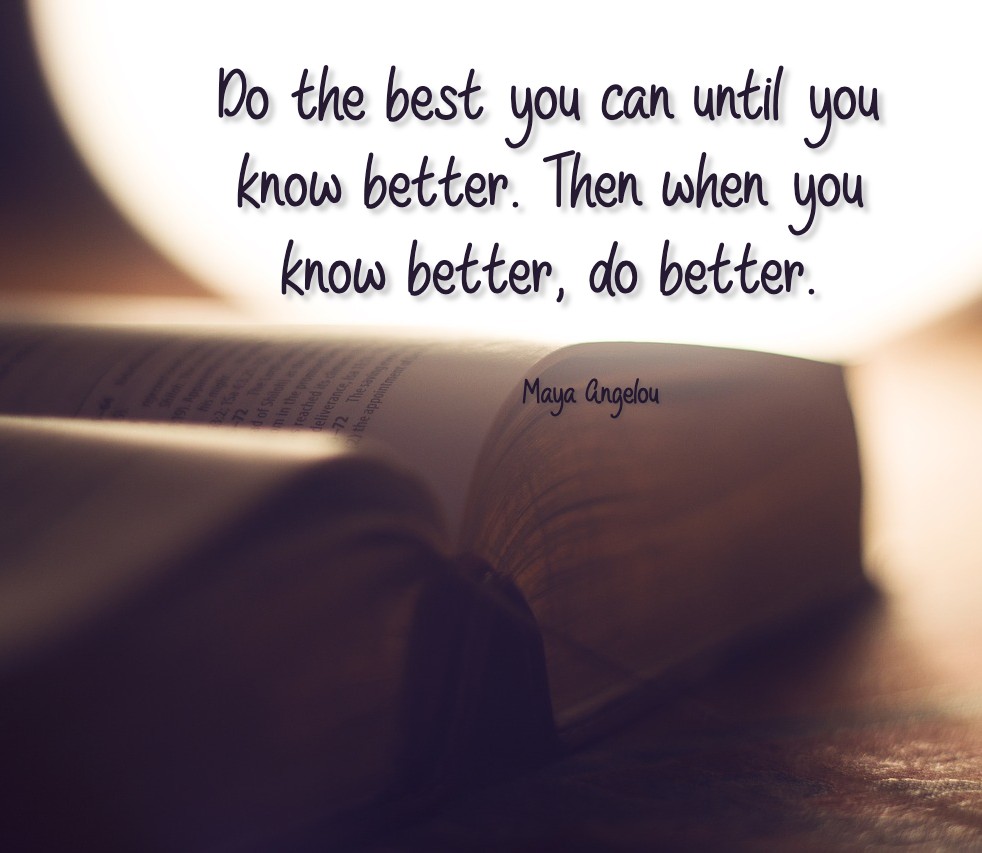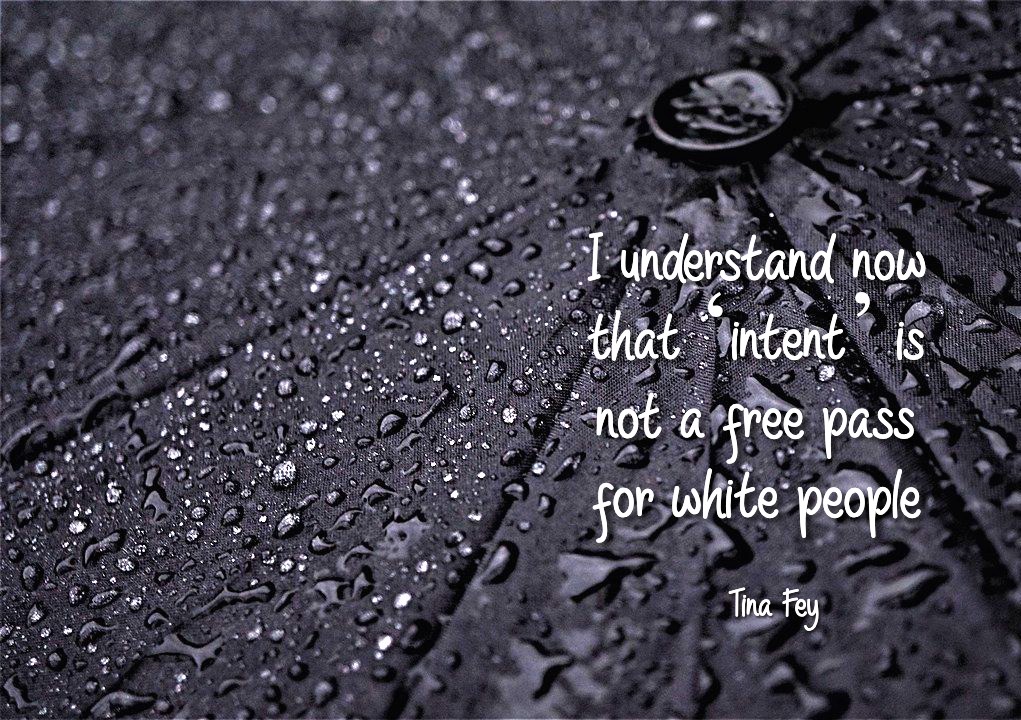I shudder when I think about how I used to know best for my clients. I would tell them how hard they should try and how fast they should get there. When I was a new therapist, I acted like I knew the clients and their world better than they did.
When one elderly woman got mad at me for how I wanted her to learn how to gain some independence in moving her wheelchair by herself, I chuckled. I knew, with righteous presumption, that I was only doing what was best for her.
I’m embarrassed to write that.
I cringe when I think about some of the approaches I took years ago with clients.
I think differently now as a seasoned Marriage and Family Therapist than I did as a fresh Occupational Therapist graduate. I trust my clients more, respect where the decisions they make, and know that they might know something I don’t when they make decisions differently than I would.
Life and experience and years spent with clients who were all my teachers (without them even knowing it) taught me so much about respect, and dignity and humility.
I’m grateful for all I’ve learned–and I am grateful when my work as a therapist is measured on my current work, not on my first years of practice.

Think of a mistake you made when you were younger. Something that you’ve let slip into your past. Think of something you’ve done that was fun back then but is not a story that you tell your kids or relate at parties.
You don’t tell people about it now because what was funny then is not at all funny now. You’re ashamed of it.
The story doesn’t represent you. It paints you in a bad light, and says something about you that might have been accurate then, but doesn’t fit with who you’ve become.
You’ve grown. Matured. Learned.
Things that used to be OK are now not at all OK.
If someone were to tell that story of what you did or said back then, you’d be humiliated.
True, right?
Isn’t it a good thing when people grow and change? Don’t we want that to happen?
Don’t we welcome people to learn how to be kinder to others? I want to be known as a person who was a life long learner–who took every opportunity to find out how to be more respectful, more honoring, more loving. If I’m not getting better at these things, something is wrong.
I’ve noticed a disturbing trend of judgement and shaming for people who have come forward to own past actions and apologize.
This morning on my Twitter feed there was a barrage of tweets that were harshly critical of Tina Fey in light of her request to have episodes of 30Rock removed that depicted blackface. Jimmy Kimmel is also facing scrutiny for his depictions of people of color. Our own Prime Minister, Justin Trudeau, faced his own humiliation when pictures showed up depicting him in blackface.
I’m not wanting to excuse their actions. What they did was not OK. I suspect that when they did it, they knew it wasn’t ok, and did it anyway.
Being racist for laughs was not, is not, will never be ok.

I’ve never been in blackface. I learned early that all of us were created equal and deserving of love and dignity. However, when I look back, I can see that I and my family said and did things that were racist.
I’m not proud of that. I have learned changed my language over the years as I’ve learned how to speak in a more respectful way. I understand white privilege now–not completely–but I don’t think I even heard the term 10 years ago.
I’ve sat with clients who have struggle with the effects of oppression. I’ve read books, watched movies, and read poetry. My friends who are people of colour have been kind enough to let me ask questions. I suspect they were generous to extend me grace when I was learning but had not yet gotten it right.
I’ve learned a lot, but I don’t know what I don’t yet know. I suspect I am not all the way there yet. I would respectfully ask for room to grow.
One of the ways you can show me that I have room to grow is by how we as a culture talk and write about those that are publicly demonstrating their own growth.
What I want to say is this:
Please be gentle with folks who are coming forward to say: I know better now and I’m sorry for what I did.
I need to you be gentle with them because I need to know that when I admit mistakes you’ll be gentle with me.
I want to be in a space that celebrates courage rather than shames people when they admit fault. Then I and others will be able to ask questions, have light bulb moments and be able to circle back to people we’ve hurt to make amends.
The guy across the street learning what is looks like to not be a jerk about race needs to be able to learn without feeling he’s likely to be attacked. His courage to admit mistakes needs acknowledgment rather than ridicule.
How are any of us going to grow when we watch others get judged for admitting that they were wrong and they want to apologize and do better?
This is less about Tina Fey, Jimmy Kimmel, or Justin Trudeau. This is about the people who watch to see the reactions of others when someone admits, “I’m sorry. I made a mistake. I apologize.”
Let our reactions to people’s mistakes be ones that will encourage onlookers to own theirs.
That’s the only way we will get to a more loving, kind and accepting world.






Write a Comment